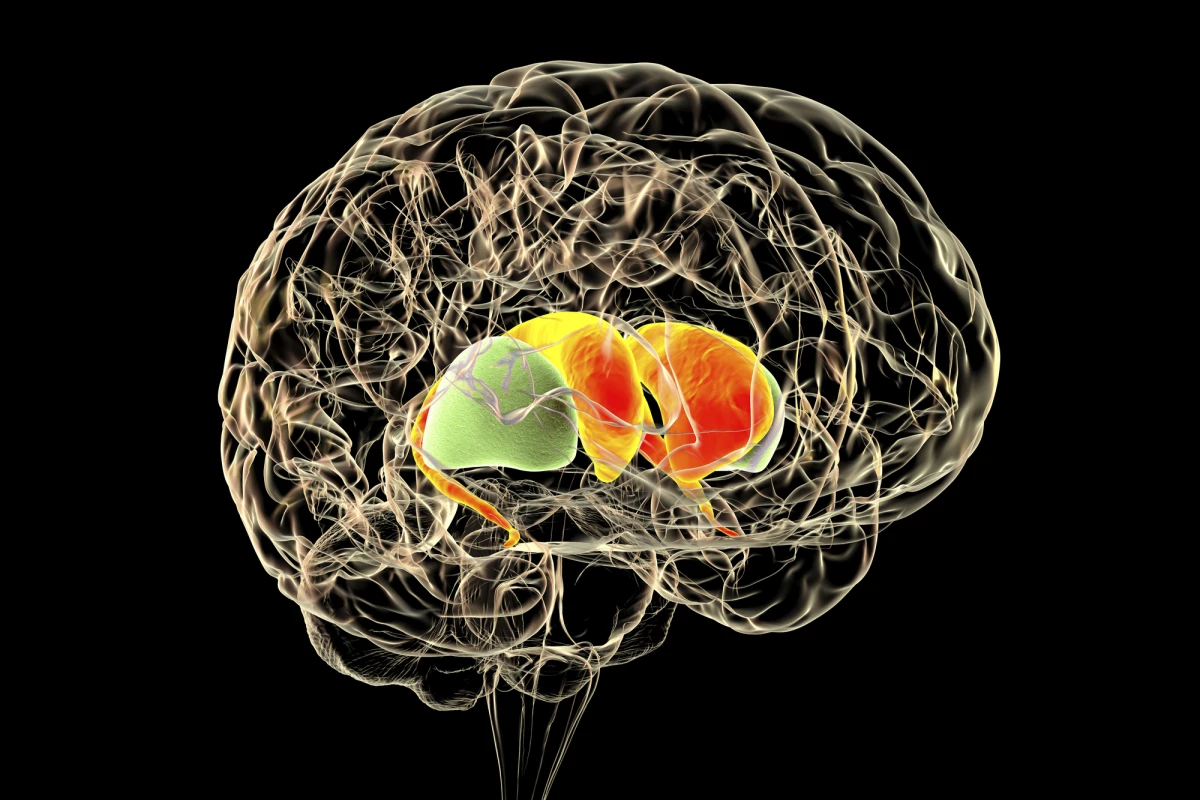Synthetic opioids like fentanyl are now the main drivers of fatal overdoses in the US, yet current treatment of the addiction is haphazard and often prohibitive. But new research has uncovered a neurological mechanism that could lead to targeted and more effective medical responses.
Scientists at the Texas A&M University School of Medicine have identified a specific circuit in the striatum, the brain’s reward hub that controls voluntary movement and behavior, from which many negative emotional states stem from during fentanyl withdrawal and could be the reason many chronic users relapse even after a long period of abstinence.
The study, co-authored by Jun Wang, associate professor of the Department of Neuroscience and Experimental Therapeutics, suggests that suppression of this specific circuit could greatly increase a person’s odds of overcoming opioid drug disorder.
Opioid addiction is largely mediated by mu-opioid receptors (MORs), expressed on direct pathway medium spiny neurons (dMSNs). These dMSNs promote drug-seeking behaviors in users, and it’s in the patch sub-compartment of the striatum where MOR-expressing dMSNs play a role in emotional processing and decision making.
Research on mice looked at how chronic opioid exposure changes the activity of patch dMSNs. The scientists found that fentanyl greatly enhances dMSNs activity, and during early stages of withdrawal, inhibitory signals from dMSNs traveled to dopaminergic neurons, responsible for motivation and rewarding behavior and emotions.
Wang and team noted that if these dMSNs could be inhibited, the ensuing negative emotional states accompanying acute fentanyl withdrawal, such as anxiety and depression, might be mitigated, potentially making relapse less likely.
According to the National Institutes of Health, more than 80,000 deaths from opioid use were recorded in the US in 2021, and synthetic opioids like fentanyl were the main drivers. Fatal overdoses from these drugs increased more than seven-fold between 2015 and 2021. Fentanyl is considered to be 50 times stronger than morphine.
With so little known about the neurological mechanisms of fentanyl addiction, this discovery could be a vital one for better, drug-specific medical interventions for combatting opioid use disorder.
The study was published in the journal Cell Reports.





